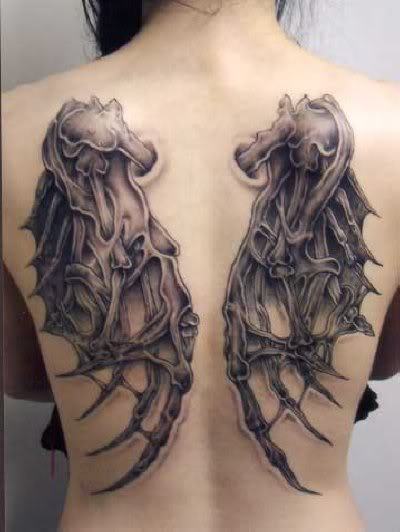A family came up to me as I "manned" the Sisters in Crime L.A. Chapter booth. The parents were probably in their 30s, one daughter was a young teen, the other maybe nine or ten. They were Hispanic and they had come from a booth selling books in Spanish. Now the parents wanted their daughters to meet some writers who wrote in English and to also look over the English books on sale. We chatted for a while. The parents apologized that they couldn't afford to buy books, that instead they often took their daughters to the library. I told them there was no reason to apologize, that the important thing was that their daughters and they were interested in reading and in books and wanting to know about writers. Their commitment to that, and to show up at a book festival on a weekend - via public transit (far easier to USC than to UCLA) no less - was a wonderful thing. We talked about books and writing and then they went on their way.
Throughout the day I spoke with similar families and individuals, people who loved books and reading, couldn't really afford to buy many, or any books, but who used their local libraries and were happy to be at a festival where they could meet writers and other like-minded people. A lot of them had also come via public transit.
This year's LATFOB was a great deal more diverse - near as I could tell from walking around and observing the crowd - than it has been in previous years. (By "diverse" I mean by race, ethnicity and national origin.) My completely unscientific, based only on personal observation, estimate is that about half the crowd was not Caucasian. (At UCLA it always seemed like it was 85 percent or so white middle and upper class people like myself, like the Westside itself.)
I have no idea how book sales went. It could be that booksellers weren't all that happy. I have a feeling that the book buying public in L.A. is heavily skewed toward the more affluent Westside. But this year's LATFOB struck me as much more representative of the city as a whole, and of the greatest single thing about Los Angeles - it's diversity. And I liked that very much.
It doesn't have much to do with what I was just writing about, but here's a picture of me, Paul Marks and Laura Levine signing books in the SinCLA booth.

Like any book event these days I spent much of my time talking with other writers about ebooks. Several times while I was sitting in the booth, hoping to sign paper and ink books that people bought, I was asked if my books were available for Kindle, or Nook or some iGadget or another. They are. Five people told me that they planned to buy my ebooks. I made jokes that if they brought their e-reader to me I'd sign it for them.
Joking aside, it's an interesting question that a lot of us writers were pondering. A lot of people do want their books signed. Some people collect first editions. How is that going to happen? One thing I've been considering is to print out a bunch of copies of the covers of my ebooks. I can sign those for people. I suppose with regard to first editions, one possibility is that, say, there is a special e-cover for the first, oh, 500 or a thousand or whatever ebooks are downloaded. Then a different cover comes out.
I don't know. Anybody have any thoughts on the matter?
I also encountered several writers who had recently finished their first book and were polling us published authors as to whether or not we thought they should consider going straight to self-publishing ebooks, rather than a traditional publishing deal. The consensus among the writers I spoke with, and overheard, seemed to be that for someone who hasn't been previously published, a traditional paper and ink deal was still important, maybe even vital, for a first book (or two) to give it credibility. (A traditional publication comes with at least something of a reassurance that someone other than the author thought the book was worth publishing and that it has been edited, copyedited and proofread by others who presumably know what they are doing.) In spite of all the changes going on in publishing, most writers seem to think that hasn't changed - at least not yet.
No one, however, could agree on what this all means to mid-list authors such as myself who already have a track record of traditional paper and ink publications. That's something that is currently driving myself and most of the other authors I know who are in the midst of careers similar to mine utterly nuts.

















No comments:
Post a Comment